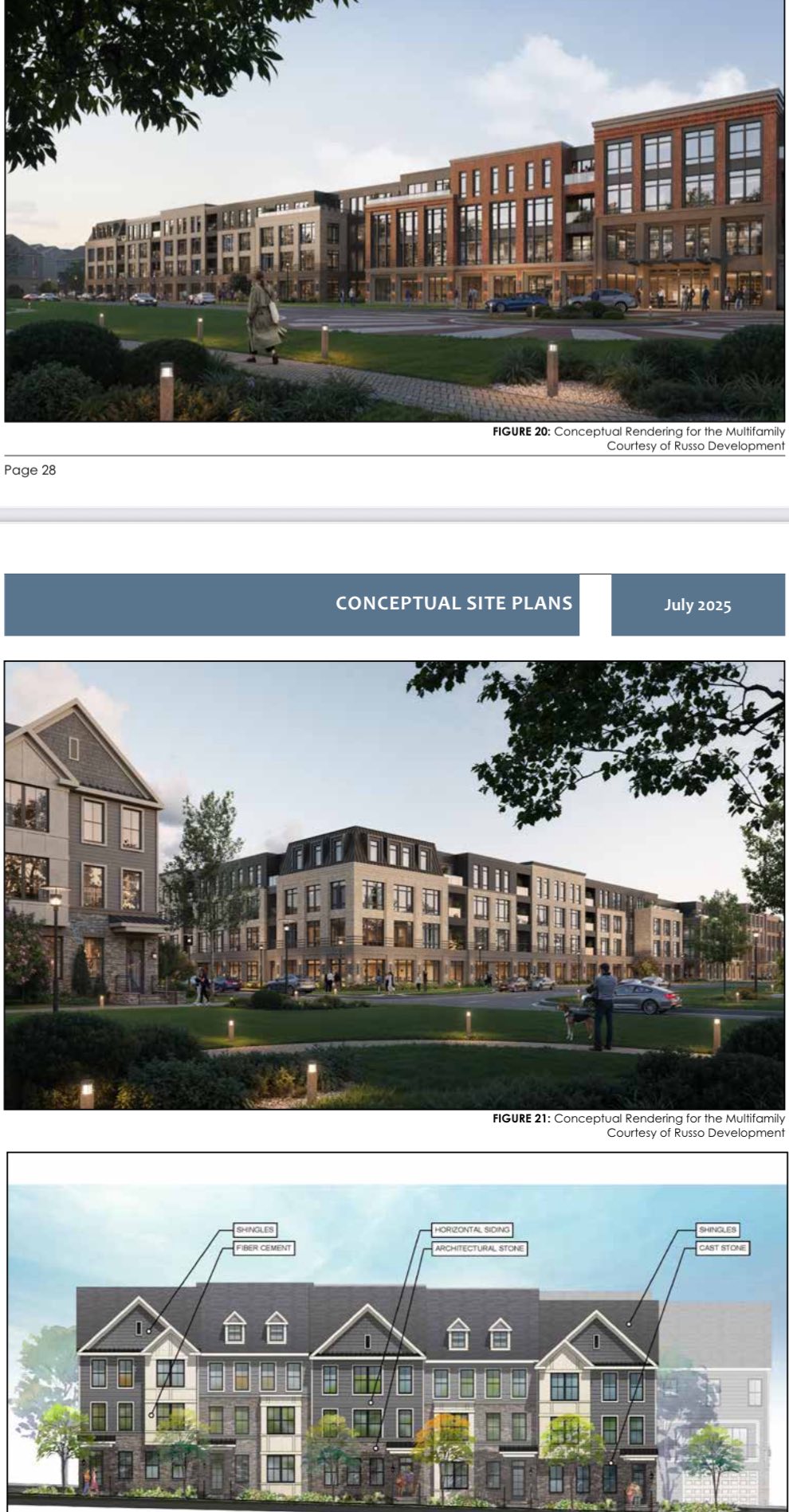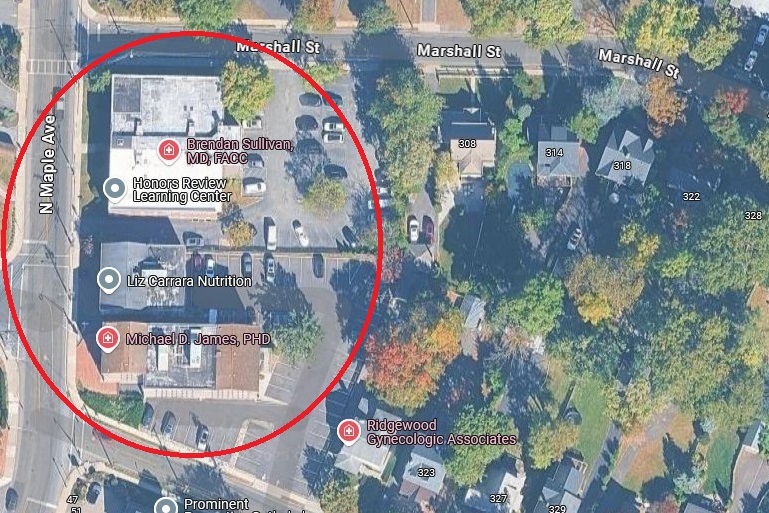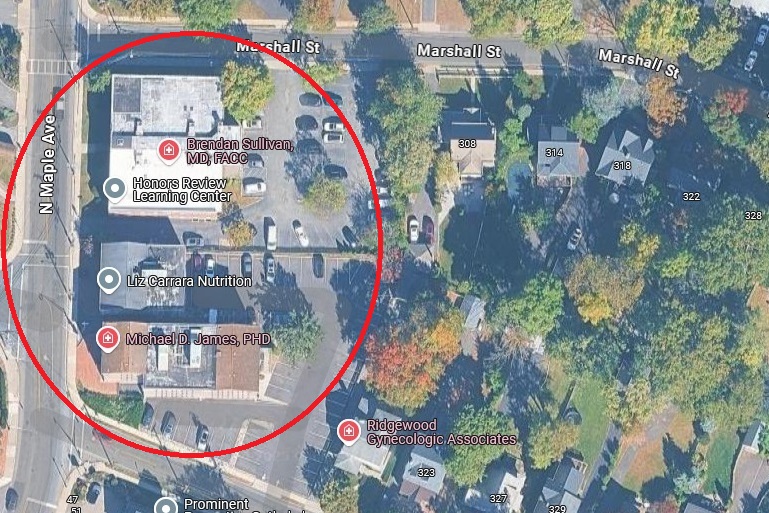
Passage nears in N.J. Legislature on hospitals-towns tax deal
JANUARY 6, 2016, 7:47 PM LAST UPDATED: THURSDAY, JANUARY 7, 2016, 6:49 AM
BY LINDY WASHBURN
STAFF WRITER |
THE RECORD
Last-minute negotiations on Wednesday set the stage for passage of a bill requiring New Jersey’s non-profit hospitals to contribute financially to their |host towns, a measure crafted after a landmark state Tax Court decision raised doubts about their century-old property tax exemptions.
The measure would put up to $25 million into the coffers of municipalities where hospitals are located statewide, including an estimated $2.7 million to towns in Bergen and Passaic counties.
The state’s largest hospital association, in a historic shift, agreed to the “community service assessments” — with exemptions for hospitals in serious financial trouble — required by state Senate President Stephen Sweeney’s proposed law. However, the measure is opposed by the League of Municipalities, whose members generally think towns deserve more from the hospitals.
Today, the Assembly Appropriations Committee is scheduled to vote on an amended version of Sweeney’s bill, and both houses of the Legislature are expected to vote on it Monday, Senate staff said. The measure, sponsored by Sweeney and state Sens. Robert Singer, a Republican of Monmouth and Ocean counties, and Joseph Vitale, a Middlesex County Democrat, has bipartisan support.
“The goal isn’t to put them out of business, or [see] how much can we get out of them,” Sweeney said of the state’s 60 non-profit hospitals. “But we wanted to acknowledge and come up with a fair process. You don’t want a free-for-all where everyone is going to court, everyone’s suing.”
The New Jersey Hospital Association’s endorsement came after a precedent-setting decision by state Tax Court Judge Vito Bianco in June opened the door to new tax bills — and lawsuits — for non-profit hospitals statewide. Bianco found that the non-profit Morristown Medical Center was not entitled to its property-tax exemption because its operations were hardly different from those of a for-profit business. The two sides in that dispute settled, with the medical center agreeing to pay $15.5 million over 10 years.
The bill would preserve the New Jersey Constitution’s century-old property tax exemption for non-profit hospitals, a protection sought by the hospital industry. But it assesses a daily fee of $2.50 per hospital bed, payable to the host municipality, to be used for police and fire protection or to lower property taxes. Five percent of the assessment would be paid by the municipality to the county government.
Two amendments were negotiated Wednesday, and the measure was scheduled for votes in the Legislature’s final voting sessions. One amendment added an inflation clause, increasing the assessment by 2 percent annually. The other changed an exemption for hospitals in danger of bankruptcy or close to violating their bond covenants by allowing the finances of a hospital system, rather than an individual hospital, to be considered when exemptions are decided.
https://www.northjersey.com/news/passage-nears-in-n-j-legislature-on-hospitals-towns-tax-deal-1.1485973








